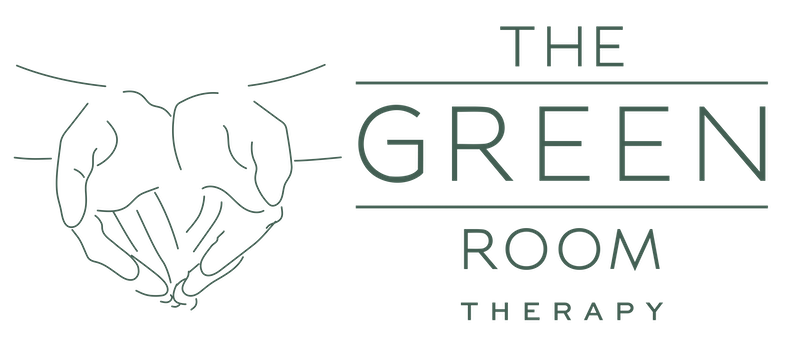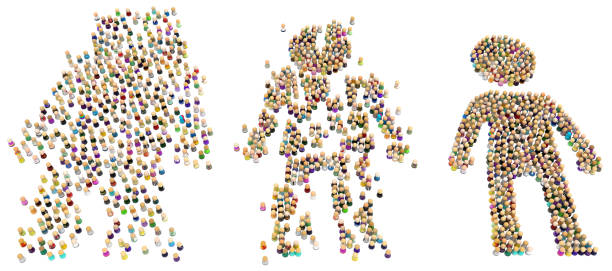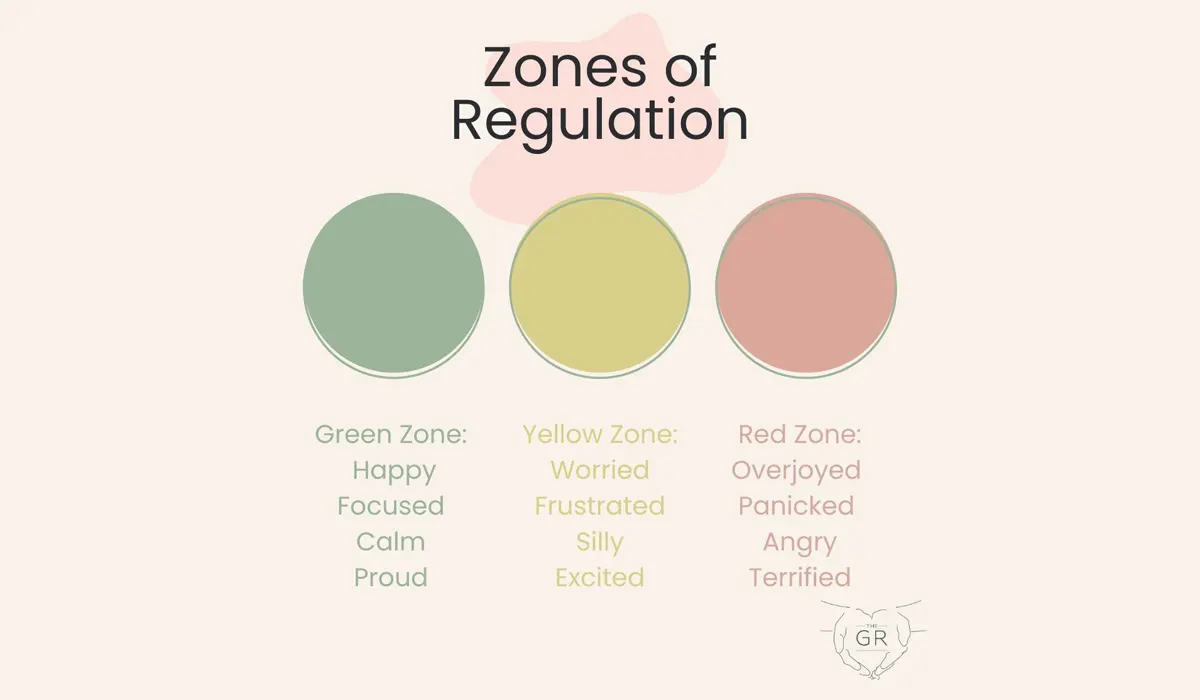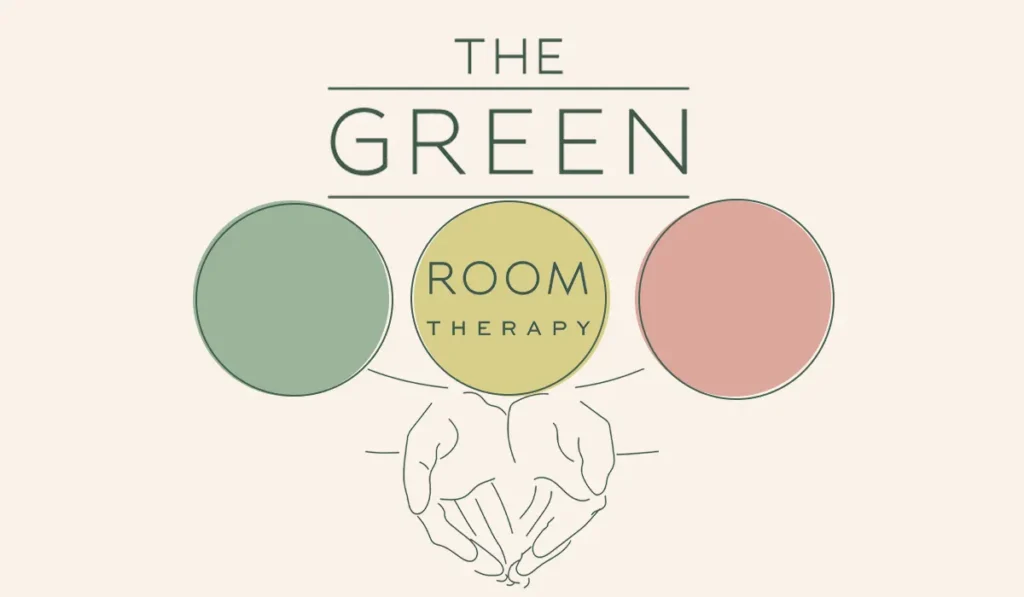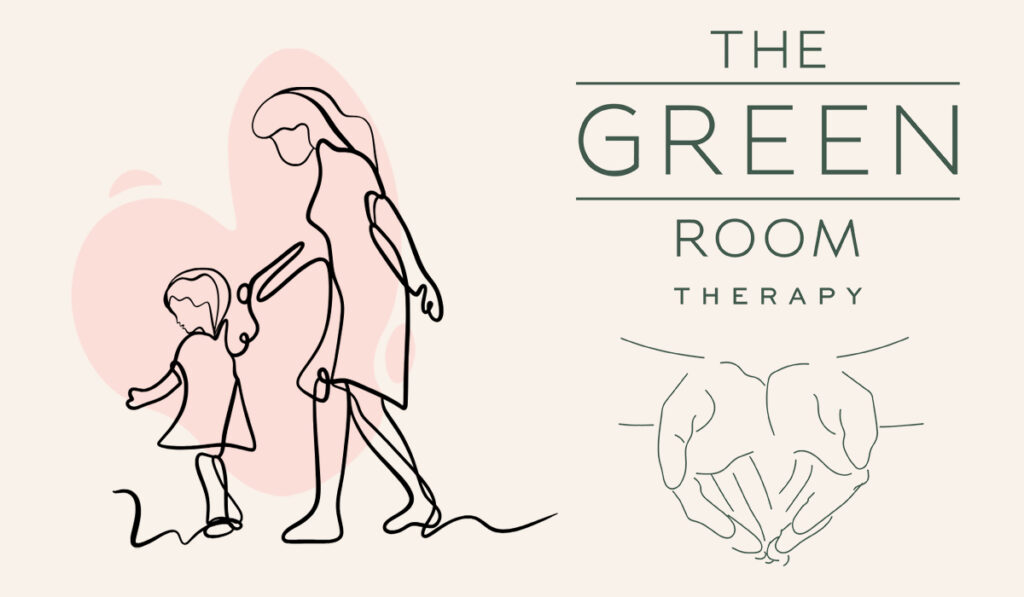Self-regulation, disregulation, co-regulation. These are some popular words in the child development and therapeutic community. They are often used by parent coaches and in parent circles as well. Sometimes though, in every day life, it might be hard to use these terms or to understand how they apply to your family or to your children.
I like to describe regulation or disregulation to my clients as the difference between feeling relaxed and comfortable in comparison to any discomfort the body is in or if our emotions are somehow bigger than usual. An example I’ve referenced before is if we have not met the Bare Bones in our daily lives. This simply is when our system is not regulated and we feel either hungry or tired. We might be grumpy or snappy as grown ups. Our children might lose control of their bodies by hitting or melting down or they might simply cry more frequently for minor triggers. A young adult once shared with me during a time when she worked as a camp counselor that she didn’t realize how often and how much 8-year-old children cry throughout the day. That’s the reality of it. They do cry and it’s because they are still very developmentally young. We forget how much the child brain can handle.
Adults don’t always realize how different their brains are to those of children. As we grow and develop into adulthood, we are not aware of the changes that occur in our brains. As adults, we can choose to push ourselves until we must sleep or eat. We usually know what we can handle. Children do not have that same level of awareness. It’s super important for us to know the difference between our development and theirs. Maybe we think our kids can handle more or we want them to handle more. Maybe we don’t notice how long it’s been since they have eaten or that the terrible night’s sleep they got could actually impact them two days later. We need to judge our children’s capabilities based on their developmental level, not ours.
I hear so often that children all of a sudden become upset, mean or difficult without any warning or trigger. I am here to tell you that there is always a trigger. We just might not realize what it is. I want you to consider (figuratively) getting into the minds and bodies of your children so that you can understand their state of mind. It is different from ours.
Think about a Friday afternoon after a full week of school. You set up a super fun playdate at your house with outside play, crafts, and a special movie. Your kids’ besties come over and you serve them pizza that they create themselves. After the movie, the kids are running wild having so much fun! Eventually, the other parents get their children packed up and they leave for the night. You announce it is bedtime and your children can’t stop running around naked, refusing to get their PJs on. In a split second, your daughter starts screaming and hitting you, telling you to leave her alone. Your son gets into the treats and eats more than he can handle and then is sitting on the kitchen floor crying because his tummy hurts. What happened? You gave them such an amazing playdate and this is how they are acting? Yes. Maybe it was too much for them. Maybe they are disregulated from all the fun. Maybe they are so tired from their week of school. It is reasonable that every one of you is having a hard time in that moment.
I remember when my children were little and we would go to preschool get-togethers where we’d meet for dinner at a restaurant, usually on a Friday. They were so much fun for the kids to spend that special time together. It was also great for the parents to have some adult time. But…I knew every time what was coming our way. I would take deep breaths and meditate before the dinner and when the evening was coming to a close. I had to hold it together when all of our children became completely silly and unable to hear direction. I’d tell myself, “Debra, don’t get upset at your kids. They can’t help acting that way after all the fun and stimulation.” For sure I could interpret their behavior as rude when they wouldn’t listen to my requests to leave the restaurant. But I knew they weren’t disrespectful, they were disregulated. I knew they were past that point of reason. The trick was to not let myself get there too!
It’s our job to decide what level of stimulation our children can handle and what level of disregulation in our children we can handle. One child might be able to rock that epic playdate and then get a great 12-hour sleep afterward with no issues. Another child can struggle with only 1 activity per week after attending school for 5 days. If we, as their parents, assume they can tolerate the fun we set up for them, we might miss what they can actually handle and seem perplexed or upset with them when their behavior becomes so difficult. That is the buildup of emotional and physical disregulation.
The best we can do is to set all of us up for success by preparing as much as we can. Here are some examples for you to consider:
- Decide if the event or activity is too stimulating to attend.
- Decide if your children can manage themselves with the level of stimulation expected.
- Consider the Bare Bones.
- Are they too tired?
- Could they be hungry?
- Give a little snack before heading out or even on the way. You can’t necessarily make them eat but you can suggest it.
- Set up a plan with them when they are there if they start to disregulate.
- Have a prepared calm-down space or area (maybe the car, a bench outside, a walk around the block, the bathroom, etc.)
- Set up a non-verbal or verbal code that communicates you notice impending difficulty with their behavior (for example, a mini/soft squeeze on the arm, double tap on the shoulder, suggestion they join you for some air outside, a secret word, etc.)
If you are able to understand your children’s tolerance of the Bare Bones, you are steps ahead. If you take into consideration that tolerance and plan for it, you are creating a predictable environment to help regulate everyone involved. More than half the battle is won if you choose to understand your children, have appropriate developmental expectations, and adjust for what they can handle in stimulating environments.
